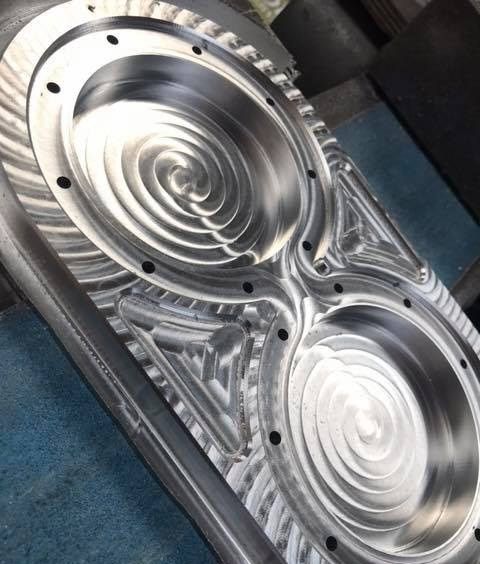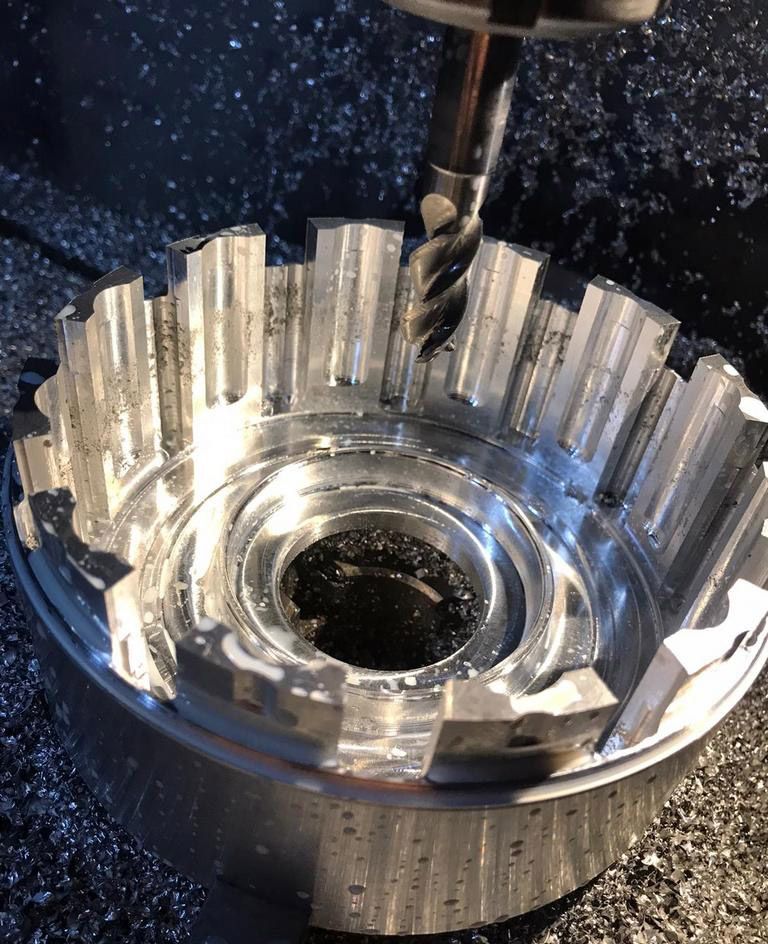Posted by Jeremy Smith 2 on 16/04/2020 07:04:12:
I see there are a lot of kits on amazon for end mills and lathe cutters. Most likely they are imported from overseas. That being said, are these worth trying, or am I wasting my time? …
There isn't a simple answer.
Making basic tools today there are no trade secrets and modern production processes are largely de-skilled. In consequence it's possible to set up a factory almost anywhere in the world and produce goods to whatever specification is wanted. As there isn't much profit in bog-standard engineering, most Western manufacturing has gone high-technology. Aerospace rather than twist-drills. Country of origin doesn't mean much now.
Another change. In the good old days there was a sharp distinction between cheap & nasty and good tools. It made sense to buy the best once rather than waste money on a succession of inadequate tools that didn't work properly. Today the distinction between good and bad is much less clear cut. While there are still very nasty and very high good tools to be had, most tools are of middling quality, designed to be affordable and disposable. Despite wanting quality in theory, few of us are prepared to pay for it.
In a home workshop middling tools are often more than satisfactory. Even tradesmen have moved towards inexpensive tools: when one wears out, buy another. In the meantime, no worries about breaking expensive tools or having them nicked.
Trouble with Internet buying is it's hard to tell the difference between bargains and tosh. The problem is most acute at the very cheap end. For my part (light amateur work), I prefer buying moderately priced cutting tools from British vendors like Tracy Tools, ArcEuro and the other usual suspects. A bit more expensive than random ebay sellers, but I feel they're more likely to import decent stuff than I am! So far the strategy works for me. That said, ebay and Amazon are often worth a punt because they do sell genuine bargains. Surplus stock is usually the real-thing. It's a bit of a gamble – my rule is no tears if a dirt-cheap item turns out to be a dud.
Buying high-end isn't a guarantee of satisfaction either. For example, you can pay a lot of money for a fairly ordinary cutter just because it's been carefully balanced to run at 30000rpm on a CNC machine. Complete waste of cash if your mill only does 2500 rpm downhill.
I would approach buying tools differently if I made a living out of cutting metal. When time is money, it's unwise to risk dodgy tooling. A professional usually does better by buying reliable tools to minimise downtime. In my workshop, downtime is almost irrelevant.
Dave
 JasonB.
JasonB.






